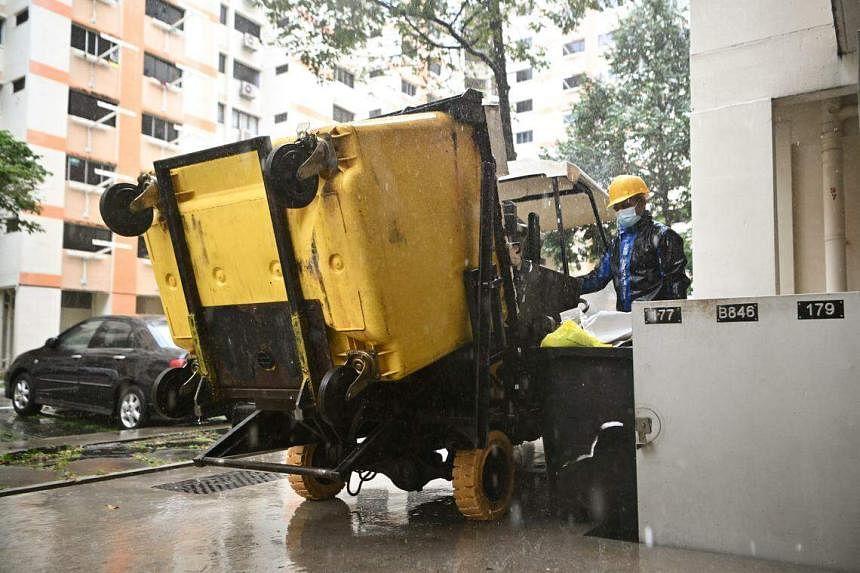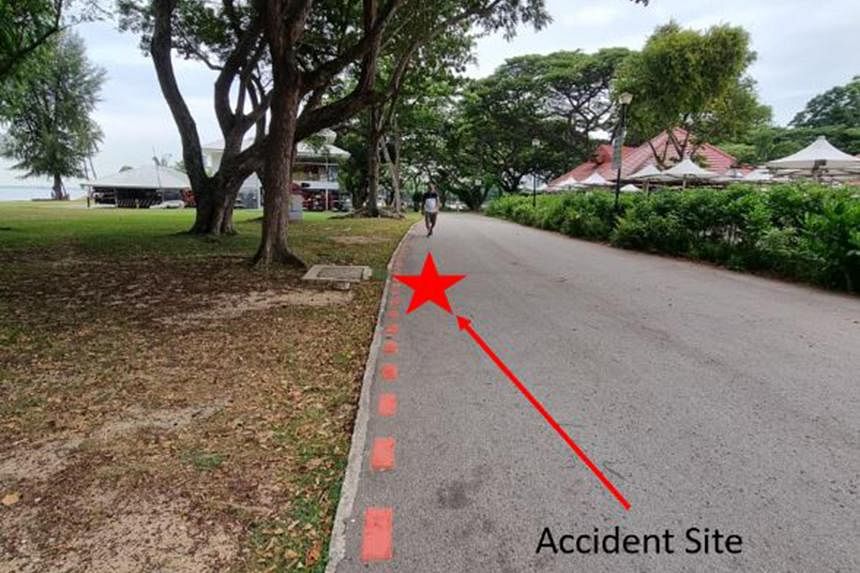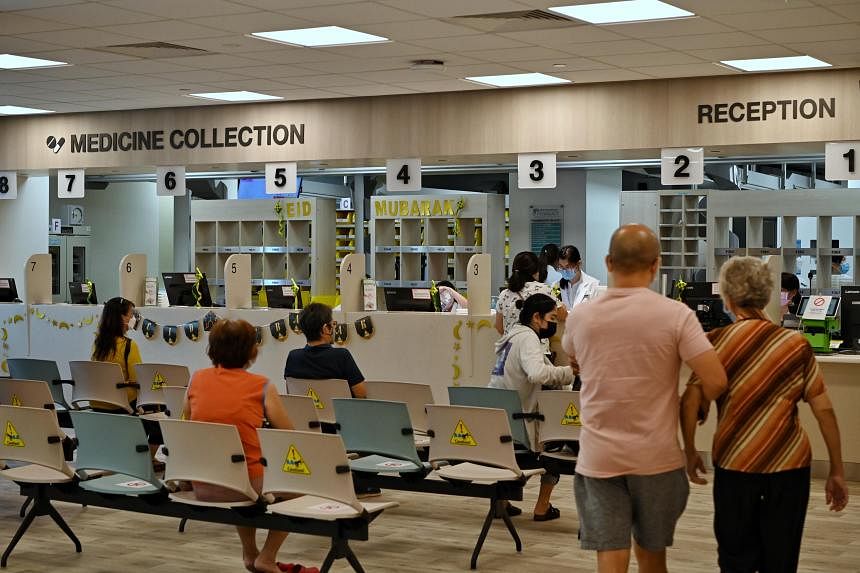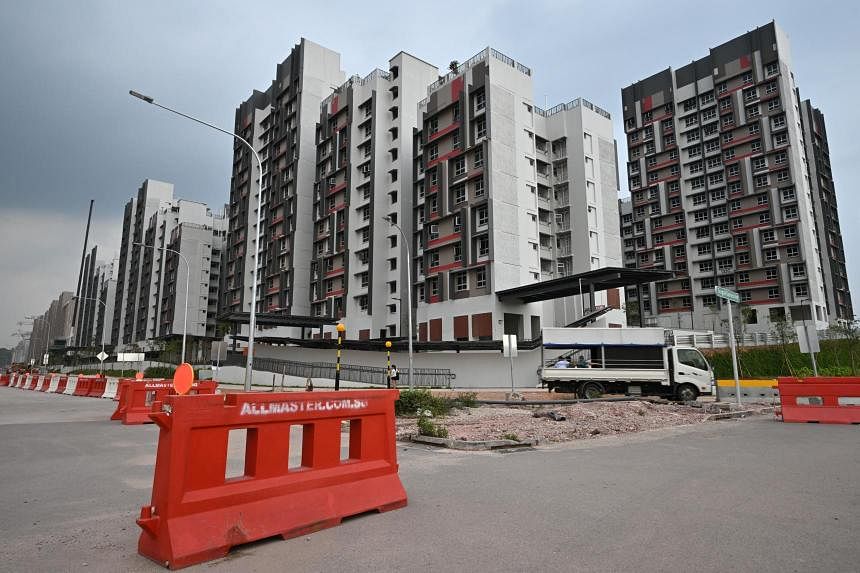MOH to work on improving accessibility to polyclinic appointments: Janil
Senior Minister of State for Health Janil Puthucheary emphasised that there has to be a balance between online bookings and walk-in slots. PHOTO: ST FILE
Lee Li Ying
July 4, 2023
SINGAPORE - The Ministry of Health (MOH) will work on optimising polyclinic appointment bookings for those doing so online and walking in, to address the difficulties faced by less technologically savvy seniors in making online bookings.
This comes after MPs again raised these concerns in Parliament, after doing so in May.
On Tuesday, Mr Liang Eng Hwa (Bukit Panjang) said seniors had given feedback that it was “almost impossible” to make an online booking, while Associate Professor Jamus Lim (Sengkang GRC) said residents in his ward had “significant difficulties” with online appointments.
Dr Tan Wu Meng (Jurong GRC) also filed parliamentary questions on what safeguards exist to ensure access for seniors aged 65 years and above who cannot go online to book appointments or find that such slots are fully booked.
In laying out the reasons for the issue, Senior Minister of State for Health Janil Puthucheary said that the healthcare system is facing increasing demand as people age, while
the completion of new polyclinics had been delayed because of the pandemic.
As a result, some polyclinics have greater demand and appointments are less easily available, said Dr Janil.
Pending the development of new polyclinics, short term measures have been put in place, he added.
“The polyclinics will set aside some slots for walk-in patients with urgent medical needs, as well as for elderly patients, particularly those who are frail and have mobility issues. To do so, non-urgent cases may be given an appointment for another day or advised to seek treatment at a nearby Community Health Assist Scheme (CHAS) GP clinic,” Dr Janil said.
“Polyclinics will also try to leverage telemedicine as much as possible, and contract private GPs to help deliver the service.”
Ms He Ting Ru (Sengkang GRC) asked whether it was possible to release polyclinic next-day appointment slots in a few fixed tranches rather than a single release at 10pm.
Responding to Ms He, Dr Janil said that some polyclinics already adopt such a practice. “However, this does not solve the issue of capacity constraint and in fact may frustrate patients more if they are repeatedly unable to book appointments,” he said.
Leader of the Opposition Pritam Singh raised the possibility of increasing the number of walk-in slots at polyclinics.
In response, Dr Janil said that while that was possible, it does not address the heart of the issue, which is the overall capacity available at the polyclinic. He acknowledged that there was frustration with the online system for seniors, but others are able to use it.
“As a result, the availability of the resources and the capacity for the services at the polyclinic are better matched to those patients. It means that clinical notes are available ahead of time, preparations can be made for investigations and tests.”
He emphasised that there has to be a balance between online bookings and walk-in slots.
“If we went to a fully walk-in system, that would have an implication on the ability for the care teams to deliver the service that they are used to delivering. If we went to a fully online system, indeed, the frustrations that members in this house have highlighted will become worse.”
Dr Janil added that the best way to determine the balance is left to the operational teams running the polyclinic to account for their capacity, the services they deliver, and the demographics of the population, which can vary over time.
“We’ll continue to work together with cluster management and operational teams that run the polyclinics to see how we can optimise the correct balance of online appointments, appointments made at an earlier time, same-day appointments and walk-ins,” said Dr Janil.
In response to requests for information from two MPs, Dr Janil said MOH did not have the data sought.
Dr Tan had asked for monthly data showing how fast online booking slots are fully reserved, and how many patients logged into the polyclinic online appointment booking system the night before a consultation date but did not proceed to book one.
Mr Singh had asked for the percentage of walk-in slots set aside and the number of complaints from those unable to book appointments online, but Dr Janil said such data was not available.
To Prof Lim’s query if more of those who are booking online could be channelled to telemedicine options, Dr Janil responded that MOH is exploring that option.
However, he noted that professional teams would need to make the call on which patients would require an in-person appointment and which can be seen online.
“I think that’s something for a clinical judgement rather than a policy position, but we would support the teams so that we can optimise the use of telemedicine and make sure that we improve the capacity available at the polyclinics,” added Dr Janil.
Dr Tan suggested having a hotline that residents could call in for bookings, and Dr Janil said MOH will continue to explore such suggestions so that services available at polyclinics are more accessible and user friendly.
Dr Yip Hon Weng (Yio Chu Kang SMC) raised the possibility of training active ageing centre staff to help seniors book polyclinic appointments. In reply, Dr Janil said MOH will be happy to explore how it can leverage on resources to be able to help people have better access and utilisation of services.





